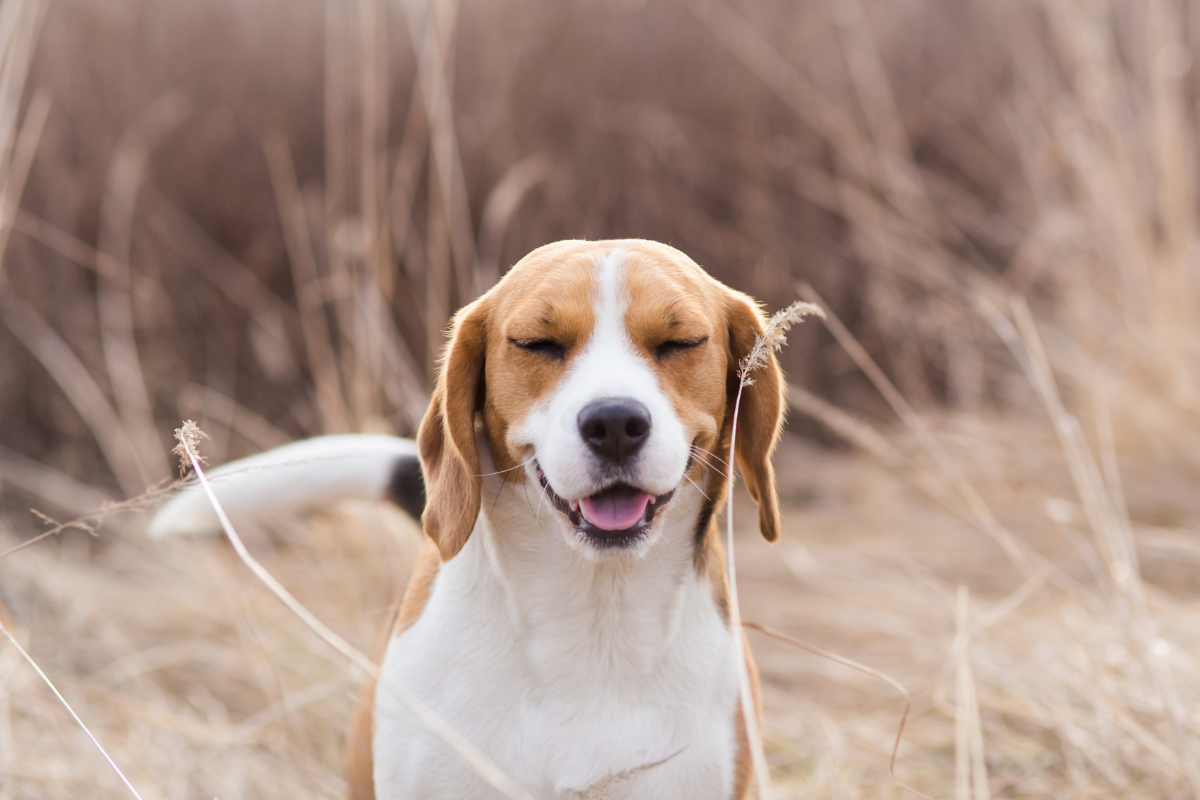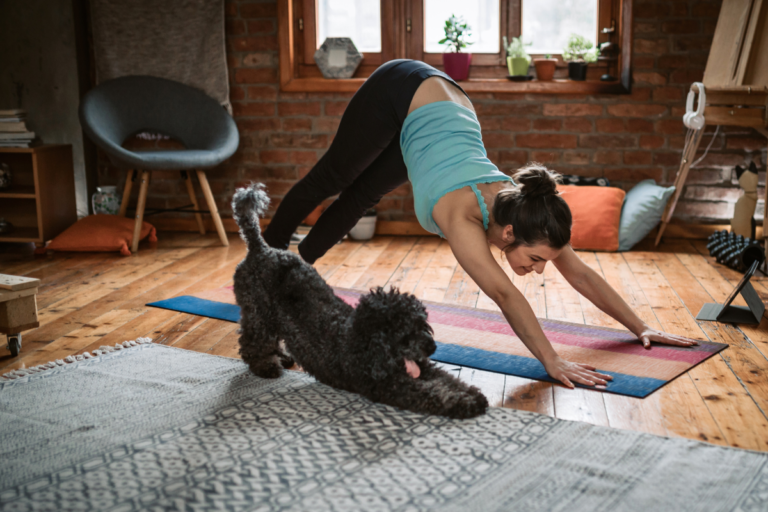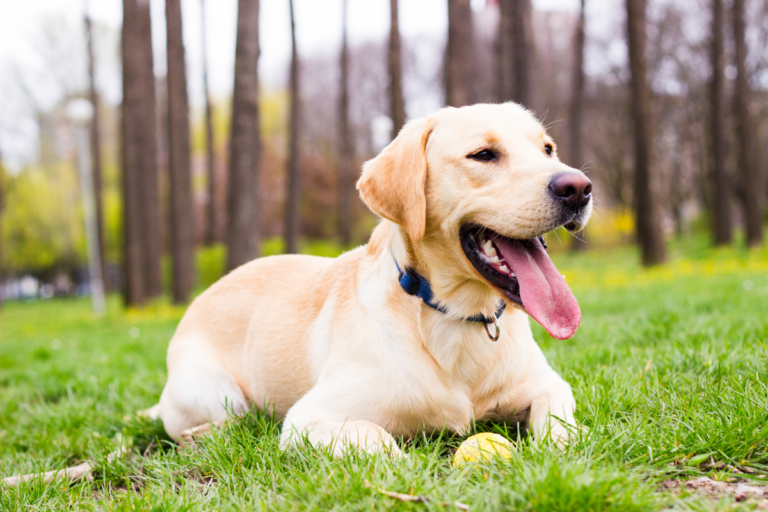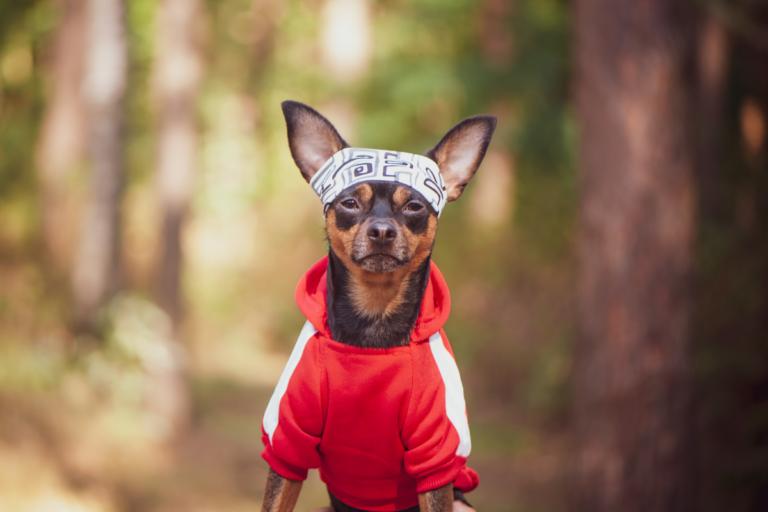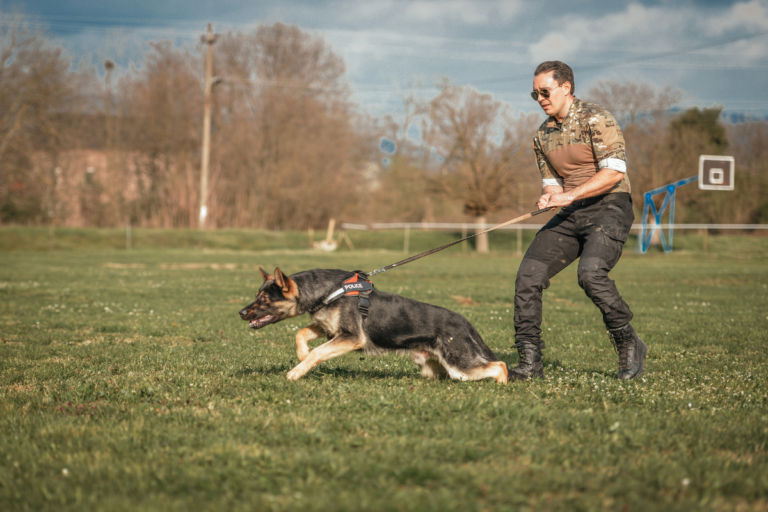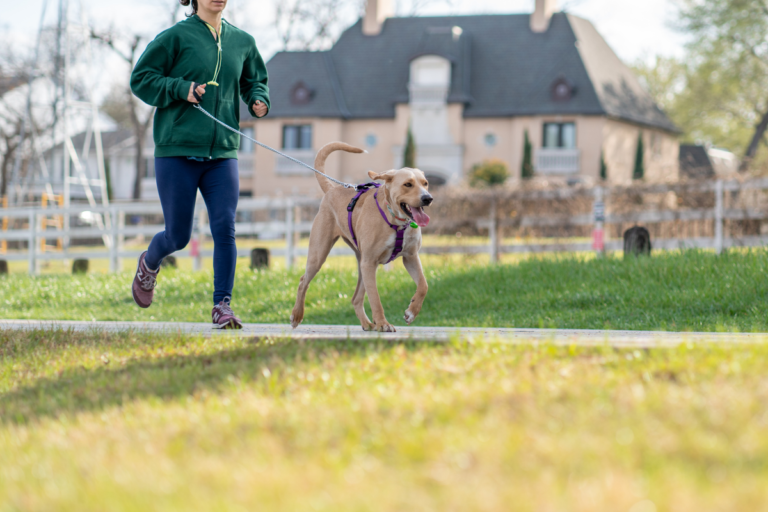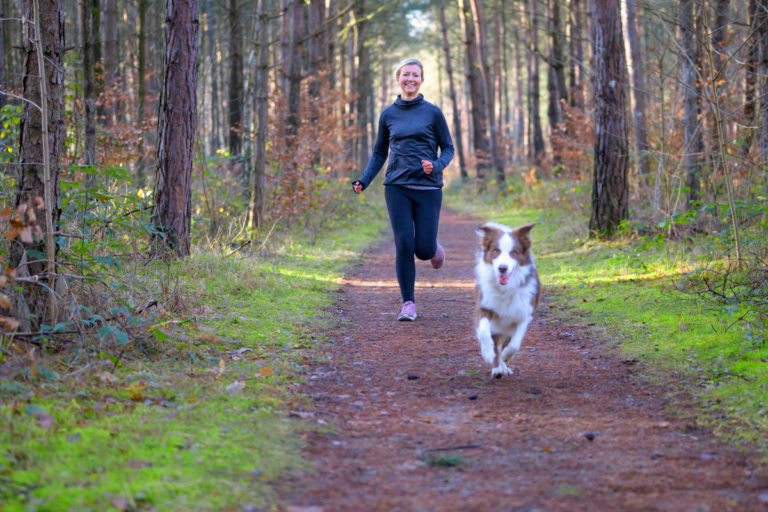Our Furry Family Members Sneezing Surprise: What You Need to Know
Understanding Dog Sneezing
When our dogs sneeze, it’s like they’re having a mini nose workout to get rid of pesky irritants like dust or pollen. Just like us when we sniff around something spicy, they need to wiggle those nostrils. But not every floppy-eared sneeze is fun and games. Let’s untangle when it’s just a cute doggy wrinkle and when it might need a vet to check it out.
Normal vs. Excessive Sneezing
We’ve all seen our dogs let loose with a sneeze or two. Dog sneezes help clear out any unwelcome guests from their noses, be it dust or pollen, especially after an adventurous day filled with sniffing. Most of the time, it’s just good ole’ regular sneezing. Picture them just trying to shake off a tickling feather, nothing to worry about!
Now, if Fido’s having a marathon sneeze session, a lot like ourselves when we encounter peppery scents, that’s our cue to pay closer attention. Too much sneezing, especially with extras like a runny nose, tiredness, or a cough, could mean there’s something more at play, like an allergy or infection. Our pups might be sending us signals that they need a bit of medical TLC to sort things out.
Common Triggers for Sneezing
Knowing what sets off a dog’s sneeze can sometimes feel like figuring out a secret recipe. Yet there are some repeat offenders:
-
Environmental Allergies: Dogs experience seasonal allergies too! Pollen, dust, and mold get up their snouts, causing regular fits, especially during high pollen seasons.
-
Irritants: Just like we wouldn’t love strong smells, neither do our dogs. Things like heavy-duty cleaning sprays, smoke, or perfumes can send them into sneezing overdrive. Keeping the air fresh but simple in our homes can help them out.
-
Infections: Bugs like bacteria or viruses might decide to throw a party in your pup’s nose. If there’s a stubborn sneeze, with some drip or cough, it’s probably time for a vet visit to clear things up.
-
Foreign Objects: From seeds to bits of toys, curious noses sometimes inhale foreign bits that aren’t meant to be there. Those unexpected items can trigger sneezes too.
-
Nasal Issues: Sometimes there are bigger culprits like tumors or growths inside the nasal area. These need a visit to the vet to figure things out.
-
Overexcitement: When dogs are super excited, sometimes their sneezes are just part of the fun! Especially noticeable in our shorter-snouted friends, these sneezes are all about joy.
By keeping an eye out for these triggers, we ensure our dogs stay sneeze-free and healthy. And for more ways to keep your pup in tip-top shape, dive into our articles on keeping active dogs fit, and explore topics like fitness with dog and fit paw. Remember, understanding these pesky triggers helps us make sure our pups stay as bouncy and cheerful as ever!
Causes of Sneezing in Dogs
Let’s dive into the mystery of why our pups go into sneezing overdrive. Knowing these reasons helps us keep them healthy and happy.
Environmental Factors
Sometimes, what’s in the air can make our furry pals sneeze like there’s no tomorrow. Here are some common sneeze starters:
- Pollen: Spring arrives, flowers bloom, and so do the sneezy times for dogs with seasonal allergies.
- Dust: A dusty home can make a dog’s nose twitch irritatingly.
- Mold: The invisible enemy—mold spores can sneak in and cause sniffles.
- Smoke: Cigarette smoke or any smoky scent can upset sensitive noses.
- Cleaning Products: Some cleaners can be irritating. Remember, if it smells strong to us, it’s a nose explosion for them.
Curious about working out with your dog? Sniff out our post on fitness with dog.
Health Conditions
Sneezing can also signal health issues. Here’s what might be going on:
- Infections: Germs run amok! Bacteria or viruses can lead to nonstop sneezing. (Pets Best)
- Nasal Issues: Bumps in the nose road, like tumors or polyps, may cause frequent sneeze bursts.
- Foreign Objects: Ever had something stuck in your nose? It’s like that for dogs when a blade of grass or a toy gets lodged.
- Dental Disease: A sore tooth can double as a sneezing trigger due to its closeness to the snoot.
Calling the vet might be wise if the sneezing seems endless or if Fido’s got other symptoms. Check out advice on when to hit the vet’s office in our dog seizures guide.
Allergies and Irritants
Everyday irritants are common culprits for relentless sneezes. Here they are:
- Food Allergies: Sometimes dining delicacies make dogs achoo like crazy, especially after meals (Lakeland Animal Clinic).
- Environmental Allergies: The same culprits as before—pollen, dust, and mold—can aggravate sensitive noses.
- Household Irritants: Perfume or cleaning chemicals are sneeze triggers too.
For pups plagued by allergies, a chat with the vet could uncover solutions. Need tips for canine exercise? Wag over to our piece on canine fitness.
| Common Triggers | Examples |
|---|---|
| Environmental Factors | Pollen, Dust, Mold, Smoke |
| Health Conditions | Bacterial/Viral Infections, Nasal Tumors, Foreign Objects |
| Allergies and Irritants | Food Allergies, Environmental Allergies, Household Irritants |
Our doggos count on us to keep their lives sneeze-free and breezy. By knowing the probable culprits of their sneezes, we can shower them with the care they deserve. For a deeper dive into keeping your pet fit and spry, check out our wealth of knowledge on dogs workout.
Managing Dog Sneezing
Being dog owners, we all know the occasional sneeze is just part of the cuteness package. But sometimes, it can be a little sign saying, “Hey, something’s up!” So, let’s make sure our furry pals are always wagging their tails with joy.
When to Consult a Veterinarian
You know how it goes—one sneeze, and it’s cute; ten sneezes in a row? Not so much. If our pups are doing some marathon sneezing or showing other weird signs, it’s time we call in the pros. We’re talking about:
- Sneezing that’s like, never-ending
- If there’s blood in there—yikes!
- Things like coughing, runny noses, or if they’re just super tired
- Skipping meals or not bouncing around as usual
Treatment Options
Once we’ve had a chat with Dr. Dog Whisperer (aka the vet), they’ll have a game plan based on what’s causing the sneeze fest. Here’s what might be on the table:
| Condition | Treatment |
|---|---|
| Sniffle Sniffle? Got a nasal infection? | They might get some antibiotics. |
| Allergies making noses itch? | Antihistamines or maybe steroids for the win. |
| Something stuck up there? (Ouch!) | Quick removal procedure—out it goes! |
| Nasty nasal tumors? | Might need surgery or some chemo TLC. |
| Reverse sneezing freak out? | Calming them down and making the place chill. |
Preventive Measures
We ain’t waiting for the sniffles to strike! Let’s be proactive in snuffing out the cause of those sneezes:
- Keep It Tidy: Regular cleaning helps keep those sneezey-triggers at bay.
- Fur Care Fun: Groom their floof to keep allergens off their radar and looking fab.
- Yum-Yums with Nutrition: Good eats equal good vibes and a strong immune system.
- Breath of Fresh Air: Perfumes, smoke—keep ’em far from their noses.
- Check That Play Zone: Toys that are clean and safe make for better play.
With a little love and attention, we can help keep those noses boop-worthy and happy.
Want more good stuff? Check out our notes on canine fitness, tune into the fit paw movement, and have fun with fitness with dog.
And hey, sneezing isn’t the only thing to watch out for—dive into the details about dog seizures ’cause those can be quite serious (PetMD).
Dog Seizures
Getting the scoop on dog seizures is something every caring dog owner should make a priority. We’re gonna break it down for you: the different types of seizures, their symptoms, potential causes, and what puts your pup at risk.
Types and Symptoms
Seizures in the canine world come in two main flavors: the big, bad generalized (or grand mal) seizures and the more sneaky partial (focal) ones.
-
Generalized Seizures: These are the fireworks show in the brain, causing the whole body to seize up. Watch for:
-
Zoning out (unconsciousness)
-
Toppling over like a sack of potatoes
-
Limbs flailing like nobody’s business
-
Peeing or pooping by accident
-
Partial Seizures: The brain’s doing a local dance party. It might look like:
-
Licking the air like they’ve just tasted peanut butter
-
Snapping at imaginary flies
-
Twitching in one spot
Seizures hit in three acts:
- Pre-ictal phase: Your dog might get restless, act a bit weird, or stare blankly.
- Ictal phase: The main event—jerking, shaking, losing control.
- Post-ictal phase: They’ll seem a bit spaced out, wobbly, or even temporarily blind.
If anything seems off, it’s worth checking with a vet to pin down the symptoms and get a diagnosis.
Causes and Risk Factors
Seizures can be a sneak attack from a bunch of different culprits:
| Cause | What’s Going On |
|---|---|
| Infections | Little bugs doing damage—bacteria, viruses, or parasites nipping at the brain. |
| Cancer | Tumors mixing up the brain’s electrical signals. |
| Head trauma | Old knocks to the noggin leaving their mark. |
| Low blood sugar | Especially in those tiny pups or diabetic doggos. |
| Liver or kidney disease | When organs aren’t cleaning house, toxins pile up and stir trouble. |
| Toxins | Chewing on or eating bad stuff like poisons. |
| Hypoxemia | Not enough oxygen in the blood messing with the brain. |
| Genetic conditions | Old-fashioned epilepsy, standard issue for breeds like Schnauzers and German Shepherds. |
Spotting higher risk is key; some breeds like Border Collies, Australian Shepherds, and Beagles are more prone to idiopathic epilepsy, showing signs typically between 6 months and 6 years old.
When it comes to managing these seizures, meds like phenobarbital or potassium bromide often step in. If your doggo’s seizures are coming back more than every month, lasting over five minutes, or arriving in clusters, they might need meds for life.
Plus, be sure to check out our tips on canine fitness. Want a deeper dive? Our pieces on canine workouts might just be your ticket to a healthier, happier pup.
